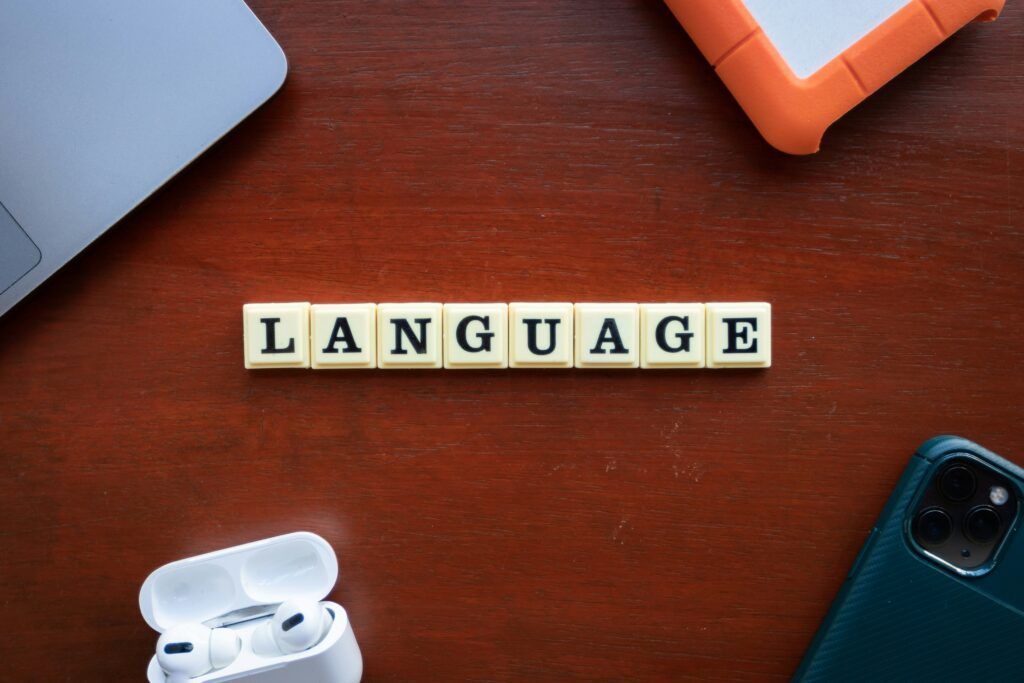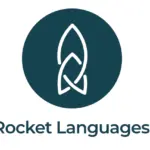If you’ve heard people say that learning new languages is old-fashioned with today’s tech, you’re not alone. Instant translators, AI chatbots, and pocket devices that turn speech into dozens of other languages in real time are all over the place. But does all this mean learning a new language is pointless? My experience says no. Language learning is definitely not a dead thing, and there are tons of good reasons it’s still super relevant.

Why Language Learning Isn’t Obsolete
I’ve played with lots of translation apps and gadgets, and they’re honestly very useful, especially for quick travel fixes or ordering food in another country. But when it comes to really getting what people mean, they fall short. Words alone don’t always tell the whole story; there’s culture, nuance, history, and context behind how things are said.
Just think about how often you hear puns, slang, or inside jokes. Machines can fumble that stuff, sometimes turning a clever play on words into total nonsense. That’s just one reason learning the language yourself opens up a whole new level of communication that translation tools just can’t reach for now.
Getting the Meaning Right: Accuracy and Nuance Matter
Language isn’t a code you just swap word for word. When I tried translating English phrases with tools like Google Translate, it often spit out something that sounded robotic, or even confusing. Take the verb “get” in English; it can mean to obtain, to understand, to arrive, to become, and more. The right translation totally depends on context. No tech can always guess it right, especially with things like idioms or sentences packed with cultural references.
The Human Touch: Connection and Understanding
Real conversations aren’t just about sharing facts; they’re about connecting. When I chatted with locals in French, even in my clumsy beginner French, the smiles, laughs, and even gentle corrections added so much warmth. AI tools deliver the words, but they can’t deliver the friendship, inside jokes, or subtle social cues that language learners get.
Learning a language takes you past menus and train stations. I’ve gained new perspectives on how people in other countries see the world, what matters to them, and even their sense of humor. That’s helped me appreciate traditions and attitudes that are hard to understand otherwise. You can’t really “get” a culture through a chatbot. It comes from talking, listening, and getting comfortable in the language yourself.
Why Relying Only on Translators Has Drawbacks
Translation apps are better than they used to be, but depending on them for everything can create real problems. For one, conversations slow down when you’re always waiting for a machine to process and deliver each sentence. That back and forth can get exhausting if you’re at dinner, in a meeting, or just trying to make friends.
Another thing I noticed: if you traveled in areas with spotty cell service, your app could froze. No signal, no translation. If you don’t know the basics, it’s tough to judge if your message is being delivered properly or if you’re being misunderstood; that can leave you stuck in awkward or even risky situations.
Deeper Benefits from Learning a Language
- Cognitive boost: Multiple studies show that picking up a new language helps your brain stay sharp. Some research even links being bilingual to delayed dementia symptoms.
- Cultural access: When you speak another language, you unlock everything from family stories to local news and traditional songs. That’s stuff no app can really give you, at least not with the same depth.
- Confidence: Just being able to order food, ask for directions, or crack a simple joke in someone else’s language makes traveling or working abroad feel so much easier; and way more fun.
In my experience, making mistakes, learning idioms, and picking up new accents have made the trips I’ve taken and the friendships I’ve made much more meaningful.
Things Worth Considering Before Skipping Language Learning
- Travel hiccups: If your device fails—dead battery or bad service—you risk being completely out of the loop.
- Trust and Privacy: You can’t always know if the information you’re feeding into a translator is secure, or if it’s translating private things correctly.
- Work and Study: Many universities and employers still look for genuine language skills, especially for long term jobs or deeper cultural projects. A translator isn’t enough in fields like medicine, law, or diplomacy, where miscommunication can really matter.
Quick Tips to Make Language Learning Less Stressful
- Start small: Learn everyday words and phrases—greetings, numbers, food, and directions go a long way. If you want to see more ideas on how to get started, you can check out this post: Top 10 Tips For Beginners Starting Spanish.
- Use tech as a helper: Flashcard apps, podcasts, and YouTube videos all make learning easier and way more interactive.
- Practice with people: Talking to native speakers, even if you make mistakes, gets you used to real speech and accents. In this regard, finding a teacher is highly recommended. If you are looking for a teacher, Italki can be a good place to find one. You can read a review of the platform here: Italki Review For Students (2025).
- Stay curious: Watch shows, read comics, or play games in the language. Fun stuff makes sticking with it more likely.
I’ve found that mixing tech tools with real life practice speeds up actual learning, and keeps things interesting, even when grammar and vocab seem overwhelming. If you run into a tricky part of the language, don’t be afraid to ask for help; language communities online are usually pretty friendly and eager to share tips. There are also language exchange meetups in many cities where you can practice in a casual, low-pressure environment.

Language Learning and the Future
There’s no question that translation technology is getting better every year, but for now, human language learning still wins out if you want the full experience. Real-life connections, cultural immersion, and understanding those tricky little nuances all come from being able to speak (even a little) of the language yourself.
If your goal is just getting by as a tourist, translation devices do the job. But if you’re after something deeper, like career chances, real friendships, or making a new city feel like home, investing time into learning the language gives you something irreplaceable. Plus, having language skills adds an extra layer to your identity and can make you feel a real sense of achievement and belonging.
Frequently Asked Questions
Question: Can translation devices really replace learning a language?
Answer: They’re convenient for basic things, especially when traveling. But for rich conversations, emotional understanding, and professional uses, human language skills are still way ahead.
Question: How fast can you learn a new language?
Answer: It depends on your commitment and methods. Daily short sessions, chatting with native speakers, and using digital tools all speed things up. Some people get basic conversations down in a few months with regular practice.
Question: Does learning a language help you at work?
Answer: Totally. Language skills add flexibility, open up more jobs, and help with collaboration in international teams. Employers often value them because they mean you can communicate and connect more effectively than through tech alone.
Whether you’re curious about the world, planning to travel, or looking to give a boost to your brain, learning a new language is still a pretty smart move. It’s not just about words; it’s about understanding, adventure, and building bridges you can’t cross with an app alone.
Guess what? When you click and buy through our links, you’re not just boosting your Spanish skills—you’re supporting us at no extra cost. It helps us keep delivering top-notch tips and resources to you. It’s a win-win for both of us!


